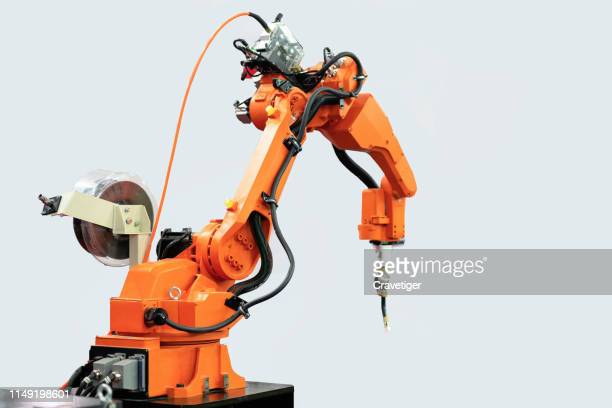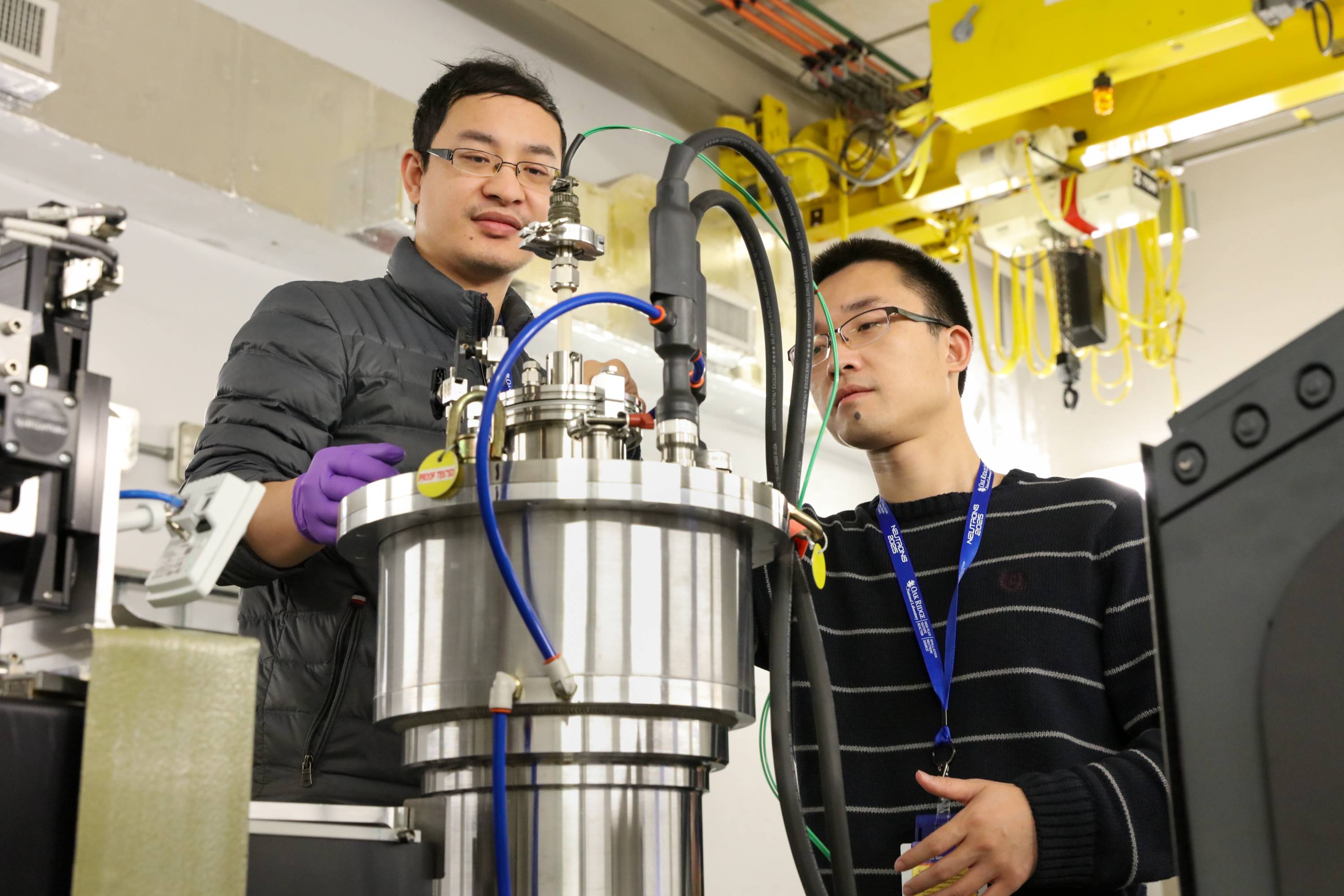
Manufacturing engineering is commonly referred to by the term production engineering. This type of engineering has many similarities to other engineering fields. Engineers who specialize in this area can find their own niche within an industry and become integral to the success of a company. These engineers are capable of ensuring that a product meets high quality standards.
Duties of the job
As a production engineer, you will be responsible for coordinating and analysing the entire production process from design through implementation. This position requires careful attention to detail and a commitment to the safety of the workplace. Production engineers are responsible for ensuring that companies maintain high quality standards, environmental safety, as well as evaluating existing production activities in order to find ways to improve.
A production engineer helps a company produce products quickly and affordably, and they also play a key role in implementing automation. They might be asked to examine and analyze existing production processes or they may concentrate on one part of the production process. They might also be responsible for adjusting the software that runs plant equipment or training production workers.

Excellent communication skills are essential for this job. An engineer must be able to explain complex engineering concepts in an understandable manner. Engineering often involves complicated calculations and mathematics. Production engineers may use equations in order to predict the final product's cost or to solve problems within their manufacturing lines.
Education Required
You must have a bachelor's or master's degree in manufacturing to be eligible for a job as production engineer. Employers may prefer to have a master's degree especially for positions in research-oriented manufacturing. A master's degree is also beneficial if you are proficient in one or more specialized fields.
Industrial engineers bring creativity and analysis to improve the efficiency in production processes. They seek to eliminate waste and develop new methods to use materials, equipment, and employees more efficiently. They must also have good communication skills, as they must be able to explain complex processes to non-technical audiences. You must be able to listen well and fully understand the points and opinions of others.
Manufacturing engineers will receive practical training as part of the degree program. They will also learn safety procedures and regulations. The National Society of Professional Engineers will require them to obtain a Professional Engineer License. This license is important, because it tells employers and clients that you've obtained the necessary credentials. You should also renew your license in accordance with state requirements.

Salary
The salary of production engineers varies depending on their location and company. Production engineers are mostly employed in an office environment. However, they can also travel to manufacturing sites to inspect machinery or improve processes. Some production engineers work independently, while others work in larger companies. Production engineers must complete their work on time, in addition to earning a salary.
Production engineers collaborate with other professionals to ensure that the product is safe and quality. To ensure the best production processes, they will work closely with designers. In some cases, they may be responsible for maintaining safety standards in the factory and training workers about proper safety procedures. While this job description doesn't cover all the duties and responsibilities that a production engineering has, it does give an idea of what they are responsible for.
The salary of a production engineering worker depends on the amount of experience. The salary for entry-level production engineers is around Rs2.5 Lakhs per annum. Mid-level engineers may earn up to Rs3.8 lakhs. In the meantime, production engineers with experience can expect to earn up to Rs6.1 million annually.
FAQ
What can I do to learn more about manufacturing?
Practical experience is the best way of learning about manufacturing. But if that is not possible you can always read books and watch educational videos.
How does a production planner differ from a project manager?
A production planner is more involved in the planning phase of the project than a project manger.
What's the difference between Production Planning & Scheduling?
Production Planning (PP), also known as forecasting and identifying production capacities, is the process that determines what product needs to be produced at any particular time. Forecasting demand is one way to do this.
Scheduling refers to the process of allocating specific dates to tasks in order that they can be completed within a specified timeframe.
Statistics
- (2:04) MTO is a production technique wherein products are customized according to customer specifications, and production only starts after an order is received. (oracle.com)
- In 2021, an estimated 12.1 million Americans work in the manufacturing sector.6 (investopedia.com)
- It's estimated that 10.8% of the U.S. GDP in 2020 was contributed to manufacturing. (investopedia.com)
- Job #1 is delivering the ordered product according to specifications: color, size, brand, and quantity. (netsuite.com)
- [54][55] These are the top 50 countries by the total value of manufacturing output in US dollars for its noted year according to World Bank.[56] (en.wikipedia.org)
External Links
How To
How to Use Just-In-Time Production
Just-intime (JIT), a method used to lower costs and improve efficiency in business processes, is called just-in-time. It's a way to ensure that you get the right resources at just the right time. This means that your only pay for the resources you actually use. The term was first coined by Frederick Taylor, who developed his theory while working as a foreman in the early 1900s. He noticed that workers were often paid overtime when they had to work late. He decided to ensure workers have enough time to do their jobs before starting work to improve productivity.
JIT teaches you to plan ahead and prepare everything so you don’t waste time. You should also look at the entire project from start to finish and make sure that you have sufficient resources available to deal with any problems that arise during the course of your project. You will have the resources and people to solve any problems you anticipate. This way you won't be spending more on things that aren’t really needed.
There are many JIT methods.
-
Demand-driven JIT: This is a JIT that allows you to regularly order the parts/materials necessary for your project. This will allow to track how much material has been used up. This will allow to you estimate the time it will take for more to be produced.
-
Inventory-based: You stock materials in advance to make your projects easier. This allows one to predict how much they will sell.
-
Project-driven: This approach involves setting aside sufficient funds to cover your project's costs. When you know how much you need, you'll purchase the appropriate amount of materials.
-
Resource-based JIT : This is probably the most popular type of JIT. Here you can allocate certain resources based purely on demand. If you have many orders, you will assign more people to manage them. If there aren't many orders, you will assign fewer people.
-
Cost-based : This is similar in concept to resource-based. But here, you aren't concerned about how many people your company has but how much each individual costs.
-
Price-based pricing: This is similar in concept to cost-based but instead you look at how much each worker costs, it looks at the overall company's price.
-
Material-based: This is quite similar to cost-based, but instead of looking at the total cost of the company, you're concerned with how much raw materials you spend on average.
-
Time-based: Another variation of resource-based JIT. Instead of focusing only on how much each employee is costing, you should focus on how long it takes to complete your project.
-
Quality-based: This is yet another variation of resource-based JIT. Instead of thinking about the cost of each employee or the time it takes to produce something, you focus on how good your product quality.
-
Value-based JIT: One of the most recent forms of JIT. In this instance, you are not concerned about the product's performance or meeting customer expectations. Instead, you focus on the added value that you provide to your market.
-
Stock-based: This is an inventory-based method that focuses on the actual number of items being produced at any given time. It is used when production goals are met while inventory is kept to a minimum.
-
Just-in-time planning (JIT): This is a combination JIT and supply-chain management. It's the process of scheduling delivery of components immediately after they are ordered. It reduces lead times and improves throughput.